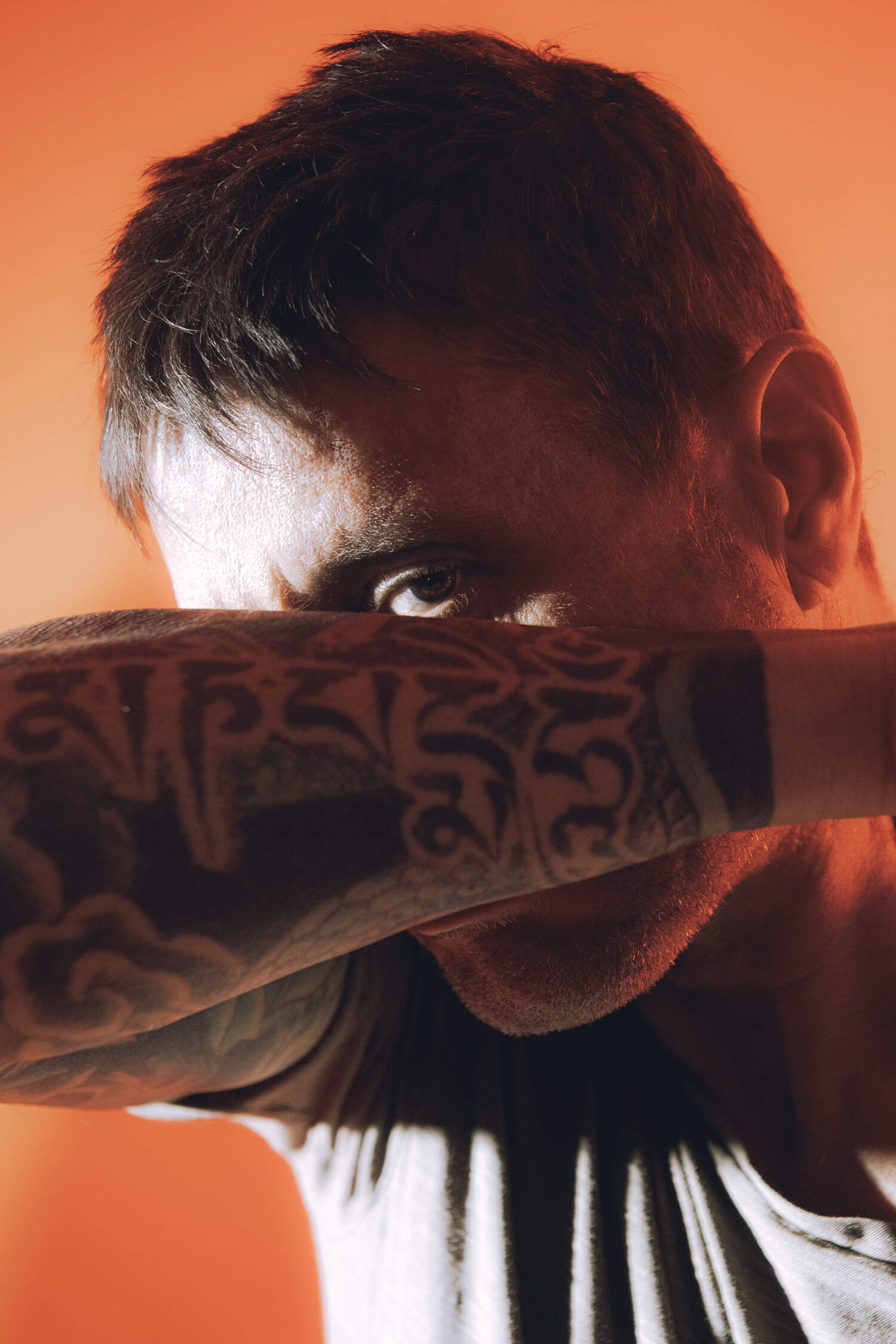
With a career spanning over three decades, Marco Bailey remains a powerhouse in the techno scene.
From running labels like MB Elektronics and Materia to curating his own festival, Elektronik Zoo, his dedication to pushing underground music forward is undeniable.
In this interview, we dive into his journey, the evolution of club culture, and what’s next for this iconic innovator.
Hello Marco, it was a pleasure to meet you. Let’s start with a simple introduction—Who is Marco Bailey?
Marco Bailey is a very very strongly passionate DJ – producer, and a real raver 🙂 with a nonstop drive to keep going and going. I’m someone who just doesn’t like to stop, whether I’m DJing or producing techno and electro tracks, as I do most of the time
Marco, you’ve been a central figure in the global techno scene for over three decades. Can you take us back to the beginning? How do you see your first steps after such a long distance?
I started in 1988—a pretty long time ago, isn’t it? 🙂 It was a totally different world back then. Most club nights had only one DJ, maybe two at most—not like today, where you sometimes have ten guys playing on one floor in a single night. I think that was the best school. Playing long sets was the only way to truly learn how to read a crowd.
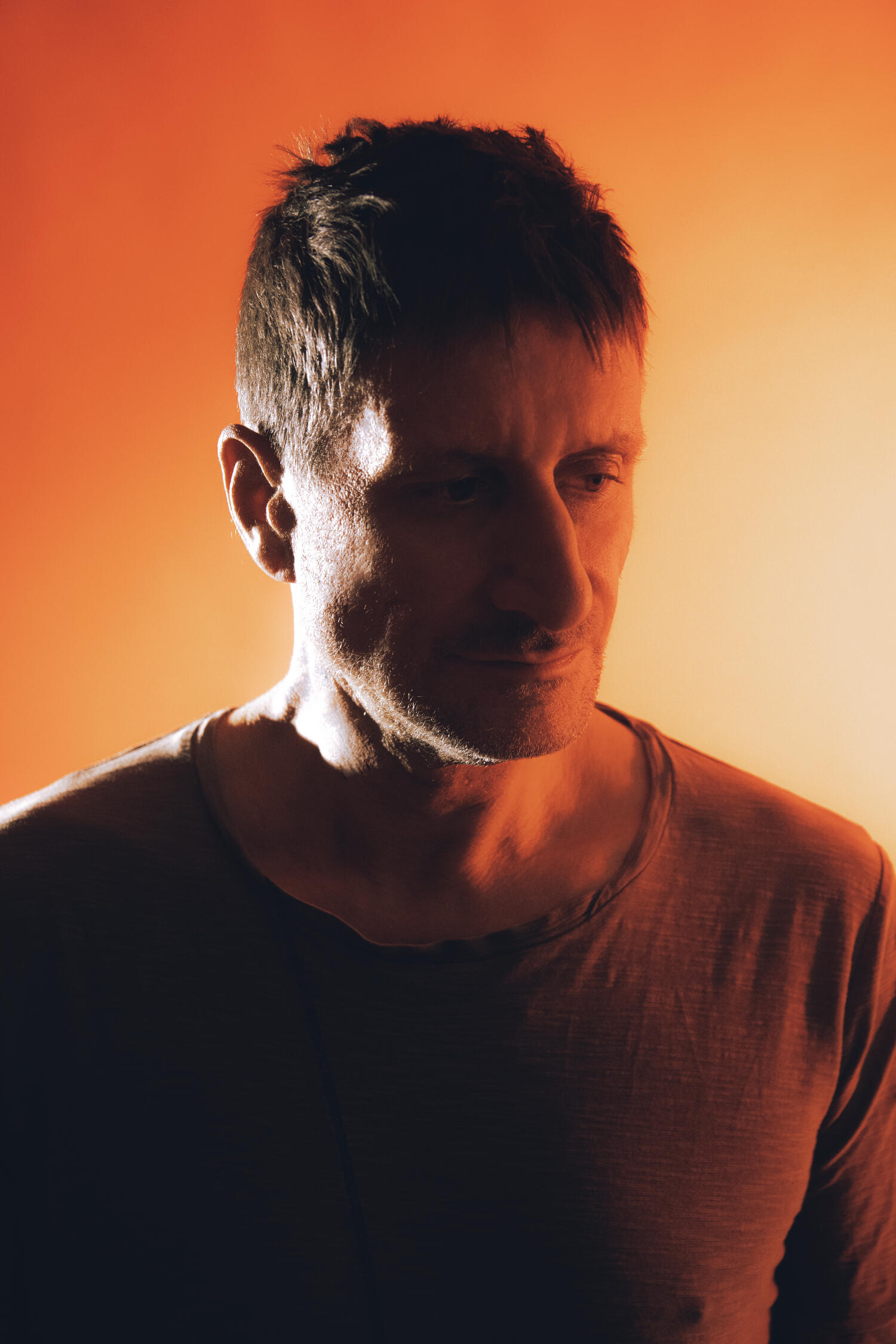
In 1994, I started producing my first tracks, and soon after, I began playing internationally. One of the biggest changes since then has been social media. It’s created a lot of opportunities, but it’s also brought a lot of chaos. These days, people with little skill or talent can become popular based on things that have nothing to do with music… and that’s really sad.
Because of this, many promoters book artists based on their online profile rather than their skills, musical journey, or talent. It’s all about how someone’s image is built, and I don’t think that’s the right approach.
DJing has also become too easy due to the advancements in equipment—CDJs, for example, have made it much simpler, allowing people with minimal skills to get booked more easily. If you really want to see the quality of a DJ, give them 100 vinyl records they’ve never seen before and let them play a set for a mixed crowd. Let’s see what happens! Not an easy crowd—make it diverse! Then we’ll see who really knows what they’re doing. :).
The same goes for producers. Let them build a track from scratch on stage—no pre-programmed Ableton arrangements filled with samples and a few controllers. I think a lot of people would be surprised by the results, my friends…
You started your career during the rise of rave culture in Europe. How would you describe the energy of the rave scene in the early ’90s and compare it to nowadays?
I don’t want to sound like someone stuck in the past, but hey—let’s be real. In the ‘90s, there was no social media, no constant distractions. When you went to a party, it was all about the music and dancing—what else? Sure, you could bring a camera to take photos, but that wasn’t really common.
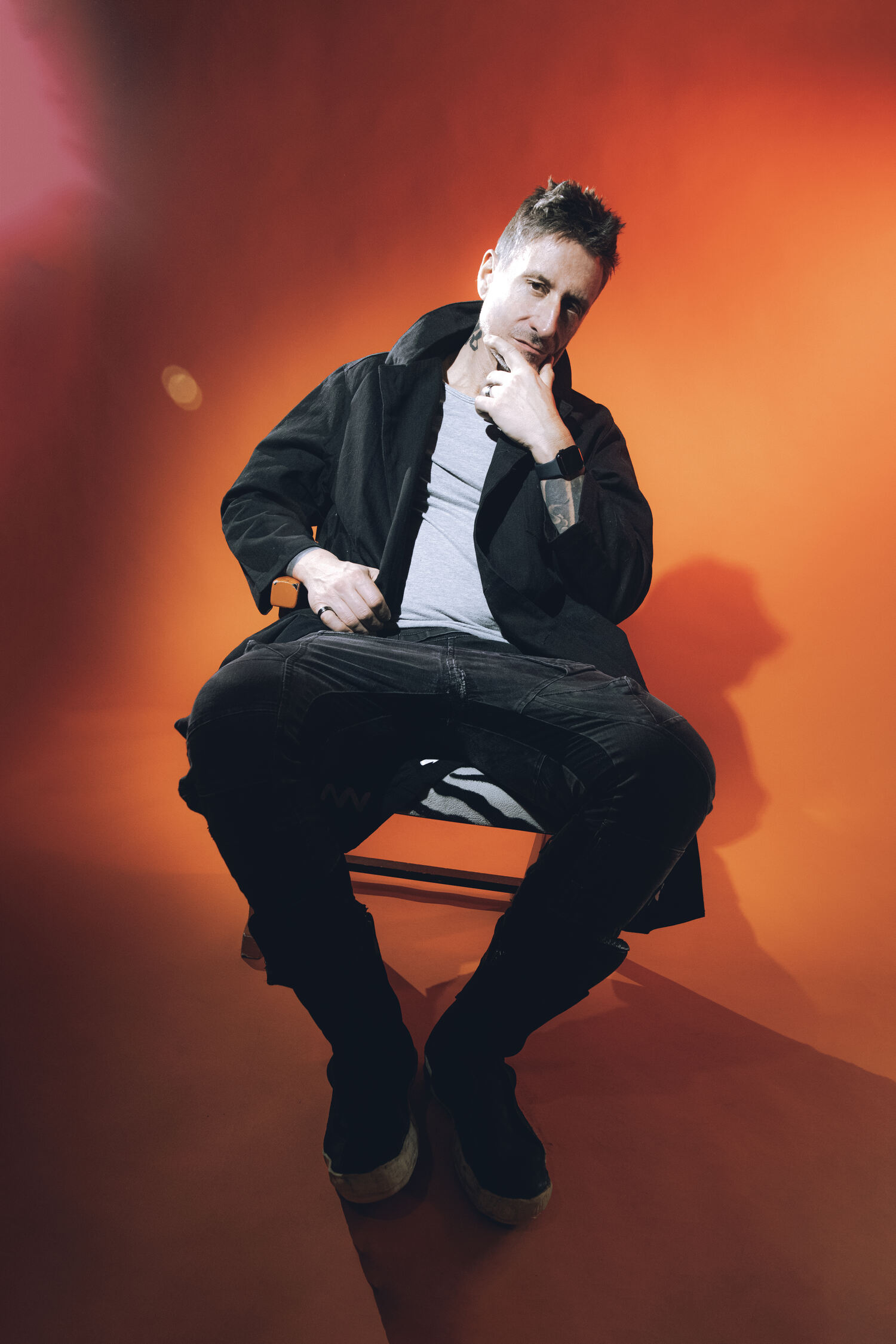
These days, you look at the dancefloor and sometimes all you see are phones in the air, people totally wasted and lost in their screens. Honestly, I feel sad for them.
Life moves forward every second—yesterday isn’t coming back. Remember that! Dance now, think later!
As a self-taught DJ, what were some of the early challenges you faced when learning to DJ? When did you know that this was going to be your lifelong passion and profession? Who were some of the artists or DJs that influenced your style during those early years?
When I started in 1988, I never imagined that in 2025, I’d still be doing what I love most. Every year, I see it as a gift and never take anything for granted—especially in today’s world. I’m grateful I started DJing when it was purely vinyl, not like today, where things have become way too easy.
Some of the DJs who influenced me the most are Laurent Garnier, for his incredible musical journeys that blend so many great styles, and Claude Young, DVS1, and Cristian Varela, for their outstanding technique behind the decks.
Over the years, your sound has evolved. How would you describe the transformation in your music, both as a DJ and a producer, from your early releases to now?
My first releases were mainly trance-oriented—but back then, trance wasn’t as cheesy as it is today. I released my early tracks on the legendary Rave trance label Bonzai Records, with tracks like Scorpia, alongside artists like House of House, Push, and many more. It was also the era when other artists from the same movement, like Emmanuel Top, CJ Bolland, and Insider, were delivering incredible music.
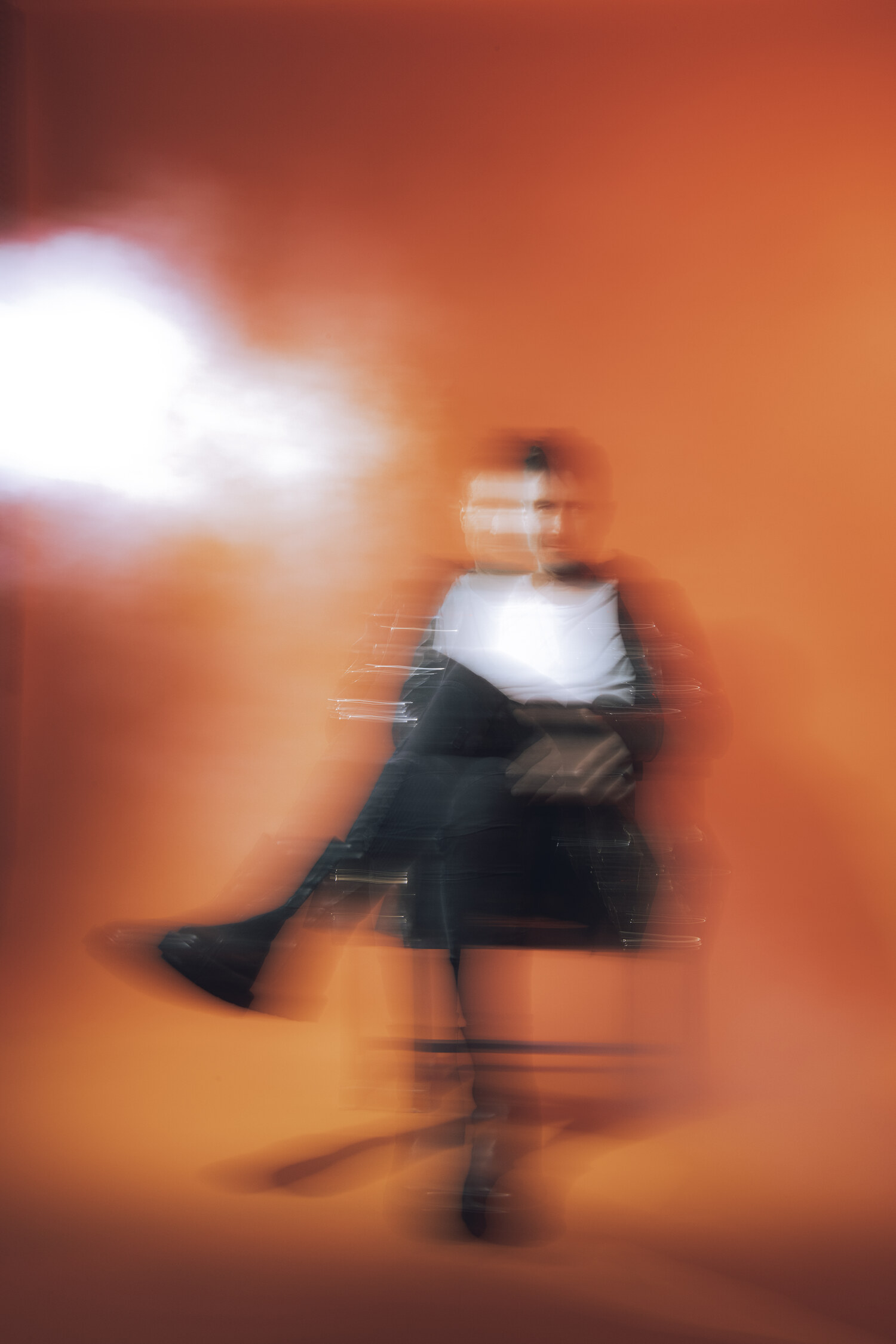
Around 1997, I transitioned into techno, which I still play today. I felt it was time for a change—trance was moving in a more commercial direction, and by the late ‘90s, I didn’t connect with it anymore. By the time the millennium hit in 2000, I was releasing on labels like Zync Records in Sweden, Intec, Prime’vill, Jericho, Tortured UK, Primate UK, and, of course, my own MB Elektronics.
Your label, MB Elektronics, has become a platform for many emerging artists. What’s your philosophy when it comes to discovering talent and what are your main values?
I have supported plenty of young artists over the last 25 years—releasing their music, booking them for my events, and playing and purchasing their tracks on platforms like ASLICE. However, there have been deep disappointments along the way. You invest a lot of effort in certain artists, only for them to move on after a few months or years. It doesn’t always feel great, to be honest.
Keeping a solid family together, one that shares the highs and lows is tough. This is also part of why the scene has become more individualistic, with many artists going their own way. Some succeed, others don’t, but the landscape has certainly shifted.
You’ve performed at some of the world’s most prestigious clubs and festivals. What are your most memorable experiences from those venues, and how do you think the ever-changing music industry and the crowd itself have evolved over time? How do you personally perceive the scene today?
It’s hard to pick just a few because there have been so many incredible moments—from Colombia to Spain, Belgium, and even Africa. Colombia has been amazing since my first visit in 2003, and Spain holds a special place as the first country I played outside Belgium in 1994. Belgium’s techno scene has also evolved, especially with my festival, Elektronik Zoo, and legendary clubs like Fuse in Brussels. Playing in Kenya was a unique adventure, and some unforgettable gigs include Liquid Room in Tokyo and Wire Festival in Yokohama.
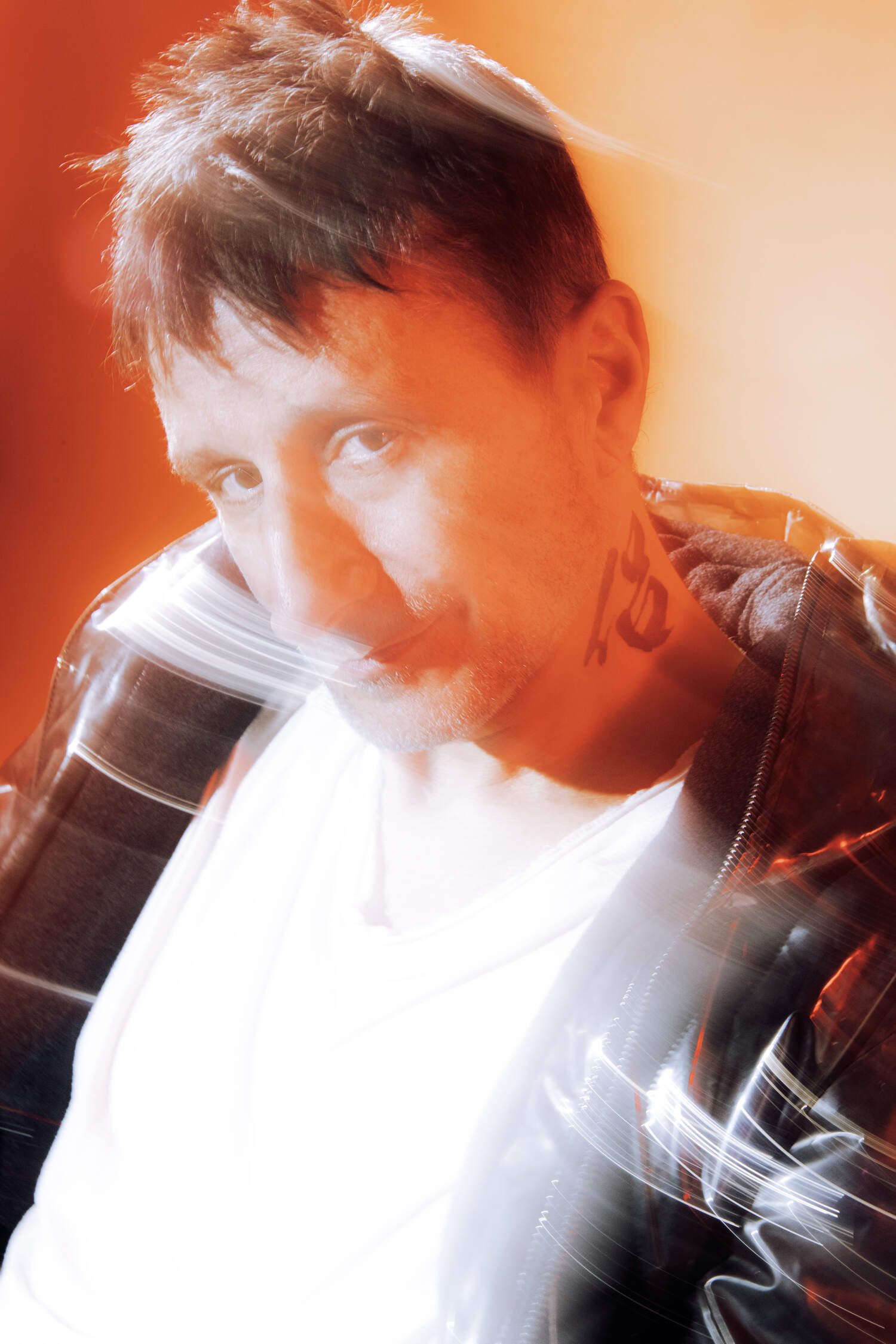
Social media has undoubtedly changed club culture. Going to a club used to be solely about dancing and music, but now it often revolves around capturing the moment for social networks. Places like Berghain in Berlin and Basement in New York still maintain a music-first ethos, banning phones to keep the experience pure. However, even then, people still take pictures outside to prove they were there. The biggest shift for me? Hardly anyone comes to the DJ booth anymore to ask about a track I just played. I miss that.
You are also the creator of the Elektronik Zoo Festival. What’s the story behind it, and how did the idea come about? What are your plans for the festival moving forward?
Elektronik Zoo is special to me because it takes place on my own property, in the small forest behind my house. We started small in 2020 during the Covid era, meaning we couldn’t welcome many people. The same restrictions applied in 2021, so real growth only happened in 2022. Initially, we featured only Belgian artists, but we later expanded to include international names like Mathew Jonson, Josh Wink, Sterac, Kittin, Tijana T, DJ Bone, Vince Watson, and, most recently, the legendary Laurent Garnier. That last edition was mind-blowing.

For our next edition in May, we have Jeff Mills and Sven Väth, along with younger talents like Quest, Works of Intent, and Sol Ortega. The goal is to keep growing while maintaining the festival’s intimate and unique atmosphere.
Marco, can you tell us more about Materia? How do you curate the artists and tracks that are released on Materia? What are you looking for when selecting music for the label?
MB Elektronics has been around since 2001, but in 2016, I launched Materia, a label focused on pure, uncompromising techno. I work with a close-knit group of artists who regularly return to the label, maintaining a strong identity. While I’m open to new demos, my priority is keeping the family vibe intact.
How do you see Materia evolving over the next few years? Are there any new projects or directions you’re excited to explore with the label? How would you describe the essence of the label to someone who’s just discovering it?
I don’t want to get stuck in the same sound forever. Many labels develop a signature style, which is great for recognition, but I like flexibility. That’s why I admire Laurent Garnier’s COD3 QR label, which releases everything from electro to drum’n’bass. Similarly, Ben Klock and Fadi have recently put out music that breaks away from the standard 4/4 techno formula, which I love.

At the moment, I’m juggling three labels: Materia, MB Elektronics, and Elektronik Zoo Sounds, alongside my festival. I might make some changes to the label structure in the coming months, but I can’t reveal too much just yet!
With your deep connection to techno and being on the road for three decades, with such inspiring releases, how do you balance staying true to the underground roots of the genre while also appealing to a global audience?
These days, people call everything “techno,” but not everything is techno! That’s a big issue. Jeff Mills remains a true pioneer of the genre, back when it was purely about sound, not social media hype.
For me, the key is playing what feels authentic. My sets vary from time to time because I don’t want to rely on a fixed playlist. If a DJ plays the same set every night, they’re not doing the job right.
Looking back on your journey, what has been the most rewarding part of your career so far? Are there any specific moments or achievements that stand out to you? Which moments do you consider game-changers?
One of the biggest moments for me was when Carl Cox invited me in 1999 to release music on his then-new label, INTEC. That changed everything. Another highlight was having my own floor at I Love Techno in Belgium, where we sold out the venue with 36,000 people, locking out our room as early as 9 PM. Other memorable milestones include hosting label parties in Tokyo and Buenos Aires, and, of course, launching my own festival, Elektronik Zoo.
Speaking about your releases, ‘The Sixtieth‘ captures some of your earlier energy. When compared to your more recent album, ‘Nocturno‘ (released in 2023), what was the inspiration behind both albums? How do they differ from your previous work, and how do you feel ‘Nocturno‘ compares to ‘The Sixtieth‘ and your more recent releases?”
Time passes, ideas evolve, and so does my sound. I always aim to improve with each release. When an album comes out, my mind is already on the next project. I don’t dwell on past work; I keep moving forward.

Some artists change their sound purely for financial reasons, which isn’t my approach. I release what I feel, whether it sells or not. I’m much happier with Nocturno than with my older work, but I’m already looking ahead to what’s next!
Looking back at all these releases, how do you feel your sound has evolved over the years? Which one of these albums holds the most personal connection to you and why?
Back in the day, production was mostly hardware-based because there wasn’t as much software available. Today, you can work entirely in the box, which offers more flexibility. Both methods are valid; they’re just different.
Some albums I can listen to every day, no matter the time, include:
- Aphex Twin – Selected Ambient Works (R&S Records)
- Aphex Twin – Drukqs (Warp)
- Boards of Canada – Music Has the Right to Children (Warp)
- Rone – Mirapolis
- Plastikman – Musik
- Laurent Garnier – 33 Tours et Puis S’en Vont
- LFO – Frequencies
- Kangding Ray – Ultrachroma
And so many more!
What is the future for Marco Bailey?
Hopefully, to keep on rocking for many more years! I plan to keep working hard on my music, my festival, and, most importantly, ensuring that the people on the dancefloor—who paid for their tickets—have an unforgettable experience.
Interview: Grzegorz Bacinski
Photography/Styling: Keyi Studio / Grzegorz Bacinski & Izabella Chrobok
Makeup: Carolina Lazo
Assistant: Tiago
more music features here.
Get our latest print 350page + book







